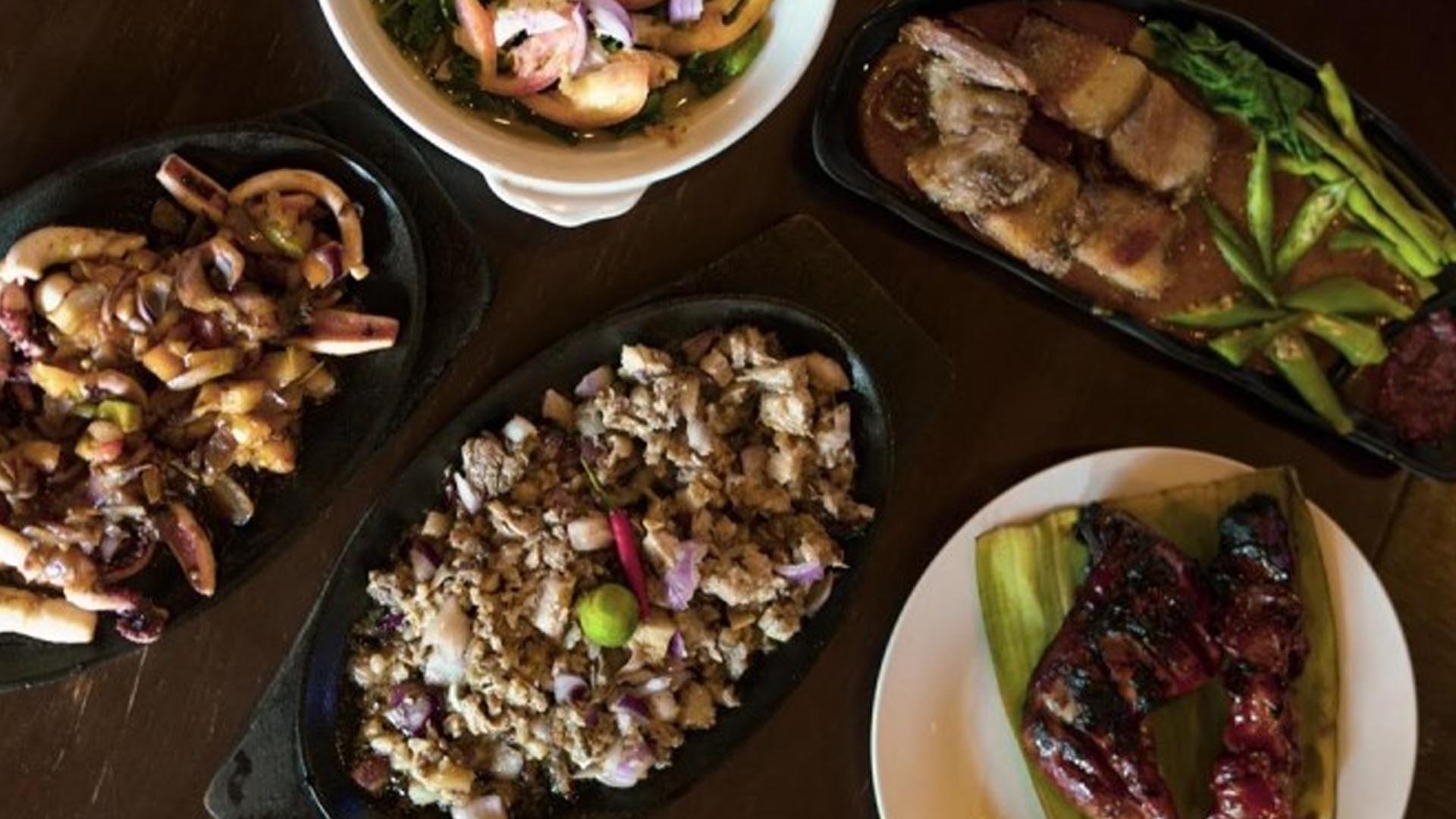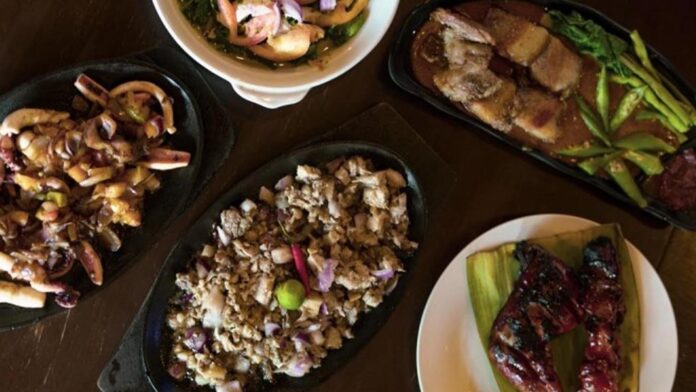The Senate on Monday unanimously approved Senate Bill No. 2797, officially recognizing Pampanga as the Culinary Capital of the Philippines.
The bill principally authored by Pampangueño Senator Lito Lapid honors the province’s exceptional contribution to Filipino gastronomy and cultural heritage.
Under the proposed legislation, the Department of Tourism is mandated to promote Pampanga as the country’s culinary hub in all its regional and national campaigns.
Lapid highlighted the province’s long-standing reputation for its rich culinary traditions.
“Isang malaking karangalan po ito hindi lamang para sa aming mga Kapampangan, kundi sa buong Pilipinas (This is not just an honor for us Kapampangans, but also to the whole Philippines),” Lapid said in his manifestation.
Renowned for its iconic dishes such as sisig (pork jowl and ears, pork belly, and chicken liver, usually seasoned with lemon, onions, and chili) bringhe (chicken, prawns, and ham in coconut milk with sweet rice and curry powder), tibok-tibok (milk pudding), tocino (sweet cured pork) and kare-kare (stew with a rich and thick peanut sauce), Pampanga’s cuisine reflects a blend of influences from Spanish, Chinese, Malay, and indigenous traditions, honed over centuries to create flavors that are distinctly Filipino.
Senator Mark Villar, chairperson of the Committee on Tourism and sponsor of the bill, emphasized that Pampanga’s culinary traditions have reached global audiences, introducing the unique flavors of Filipino cuisine to the world.
“What makes Pampanga extraordinary is not just the flavors of its food but also the centuries-old culinary traditions passed down through generations,” Villar stated.
He described the province’s cuisine as a testament to the creativity, resilience, and history of its people.
Villar clarified that the bill does not seek to undermine other provinces’ culinary contributions, but rather to highlight Pampanga’s distinct role in shaping the Philippines’ culinary history.
Senator Loren Legarda affirmed her support for the measure, emphasizing the significance of the bill as a tribute to Pampanga’s exceptional culinary heritage and artistry, which has profoundly shaped the nation’s gastronomic identity.
“As an author of this measure, I see it as a tribute to the rich heritage and exceptional culinary artistry that Pampanga has shared with our nation and the world,” Legarda said.
She praised the Kapampangan commitment to food, whose iconic dishes embody the innovation, resourcefulness, and tradition of the province.
Legarda clarified that the recognition of Pampanga does not detract from the contributions of other regions to the country’s diverse culinary landscape, but instead invites Filipinos to celebrate a shared heritage while honoring the unique flavors of each region.
“Pampanga becomes a gateway — a starting point for exploring the many stories told through Filipino cuisine,” she said.
The senator also underscored the economic opportunities the bill could generate through culinary tourism, empowering local businesses and inspiring communities to preserve and innovate their culinary traditions.
Pampanga’s recognition as the Culinary Capital is expected by senators to further boost culinary tourism, attracting both local and international visitors eager to experience authentic Filipino flavors.
The bill also seeks to solidify the province’s status as a key destination for food enthusiasts. (PNA)








